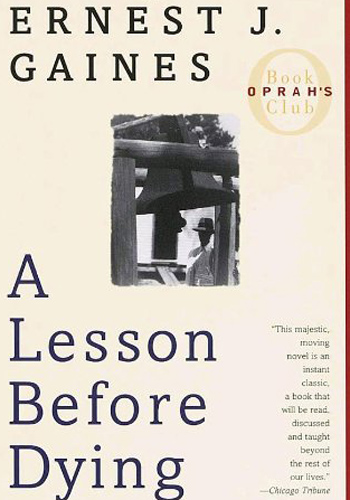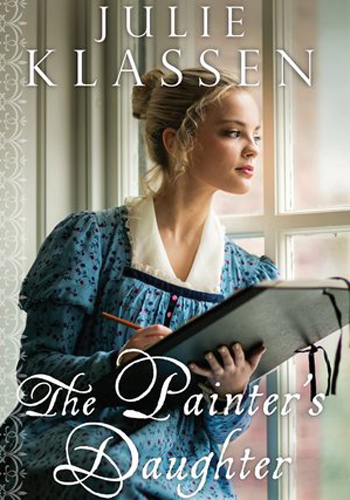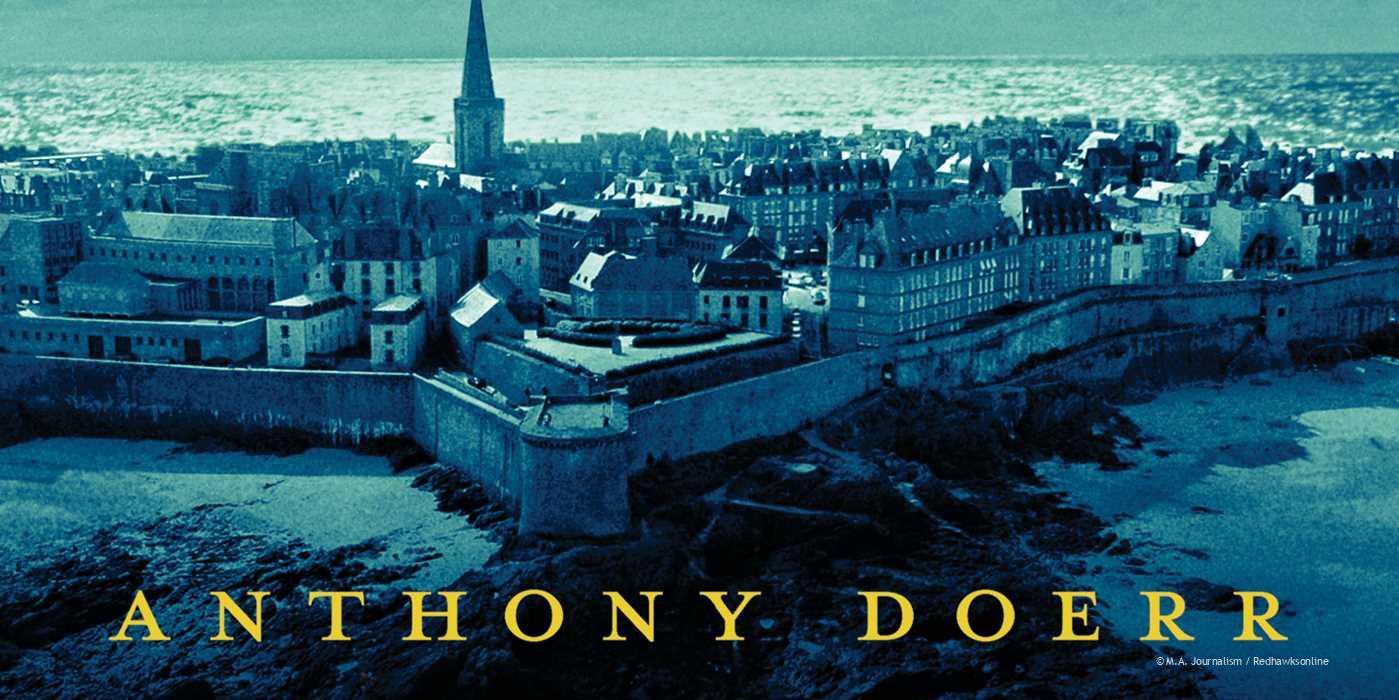“Chamberlain closed his eyes and saw it again. It was the most beautiful thing he had ever seen. No book or music would have that beauty. He did not understand it: a mile of men flowing slowly, steadily, inevitably up the long green ground, dying all the while, coming to kill you, and the shell bursts appearing above them like instant white flowers, and the flags all tipping and fluttering, and dimly you could hear the music and the drums, and then you could hear the officers screaming, and yet even above your own fear came the sensation of unspeakable beauty.”
This emotional passage is from The Killer Angels by Michael Shaara, a novel that tells the story of the Battle of Gettysburg and the time of the Civil War through the eyes of multiple main characters.
As a work of historical fiction, The Killer Angels “is fiction that imagines or re-imagines historical events, people, places and time periods and brings them to life with specific and very often well researched historical detail,” said Melissa Pond, adult services librarian with Dakota County.
Historical fiction may not be the first genre an individual thinks of when they hear the word ‘literature.’ The genre is complex, a combination of factual past events and fictional details or characters. Historical fiction has many qualities that may be considered appealing. Aside from providing entertainment, these novels can help readers better understand events of the past.
“That is an example of something wonderful historical fiction can do,” said Pond. “It can connect to present times and teach us lessons from the past. It goes back to that quote by George Santayana, ‘Those who do not learn from the past are condemned to repeat it.’ Historical fiction writers are allowed to make those connections and take those liberties.”
Senior Kitra Katz agrees that historical fiction can connect past events to issues of the present.
“I think that what’s so exciting about historical fiction, is that these issues have been around for so long, and we can look at them through the lenses of millions of people from different generations, and that’s really unique,” she said.

A Lesson Before Dying, by Ernest J. Gaines, is a historical fiction novel that deals with issues of racism, discrimination and segregation that occurred during the Civil Rights Movement.
Over the years historical fiction has also proved itself to be able to shed a different light on history than nonfiction can.
“What I enjoy most about historical fiction is that it is able to give me as a reader, a little bit better understanding of a time and a place,” said Pond. “There’s a quotation attributed to Joseph Stalin that says ‘One death is a tragedy; a million deaths is a statistic.’ And it goes to show that you can give stats and statistics, but it doesn’t really have a lot of feeling behind it. [Nonfiction] can be really dry.”
Even if nonfiction is written in an engaging way, many people still prefer fiction. Historical fiction is a combination of both, so readers can learn, yet still enjoy themselves.
“Getting a story, you get the emotional truth of events,” said Pond. “The wonderful thing about historical fiction is sometimes it opens up gateways into events and figures that you might not have known about.”
Though historical fiction focuses on moments in history, often the novel includes more emotional aspects of the past, such as what it was like to live during World War II, to have your home taken away from you by new settlers or to be an average citizen during the Great Depression. The novel can do what a textbook cannot: jump into a small portion of time and show the details, moments and feelings that have driven history.
English teacher Robyn Westrem describes historical fiction’s ability to show the deeper moments of individual’s lives. “There are a lot of stories and conflicts that are very similar. There are patterns of story, but when [people] lived and where they lived affects them, that can be very different.”
For example, Anthony Doerr’s All The Light We Cannot See delves into the time of World War II and shows the atmosphere of that time period with raw emotion through the eyes of a blind French girl, Marie Laure, and an orphaned German boy, Werner.
“‘When I lost my sight, Werner, people said I was brave. When my father left, people said I was brave. But it is not bravery; I have no choice. I wake up and live my life. Don’t you do the same?'”
This quote is an example of a historical fiction novel digging into personal and specific aspects of history. While the genre is valued for doing just that, historical fiction may also have somewhat of a bad reputation.

The Painter’s Daughter by Julie Klassen is set in rural England during the 19th century and tells the story of Sophie Dupont, a woman with an uncertain future who receives an untimely marriage proposal.
“I think [historical fiction] is moving into an area of more respectability, but in the past it has definitely not been thought of highly, it hasn’t been a priority,” said Westrem.
Pond disagrees. “But, I think there are aspects of it that people don’t take seriously,” she said.
For example, because historical fiction novels are classified as ‘fiction,’ readers cannot be certain that the information contained in them is true of history or not.
“With historical fiction, I tend to remain skeptical and I check facts with other sources if there is any question about it,” said Pond. “I think it’s something to take into consideration when you’re reading historical fiction, but I don’t think it takes away from the overall reading experience,” she said.
In fact, though historical fiction has the potential to be inaccurate, it is often used in high school and college history classrooms.
“I think historical fiction has been used in some great ways to give students a better understanding of those larger concepts in a way that they are able to grasp a little more readily and take it to heart a little more,” said Pond.
Novels such as All Quiet on the Western Front, Killer Angels and The Red Badge of Courage can be commonly found on class reading lists, though less well known novels can make an appearance as well.
While historical fiction has many qualities, it can often be appreciated simply because of the enjoyment reading a novel of the genre brings.
“I really enjoy reading historical fiction,” said Westrem. “It seems like it requires more from the reader, more attention. It can be very rewarding too. When I have finished a book and really committed myself to reading it, I’ve really enjoyed it and felt like there was extra depth to it. It’s beneficial along with being enjoyable.”
Katz agrees that historical fiction novels are worth the time it takes to read them.
“Don’t be afraid to pick up a [historical fiction] book, because you are going to learn something from it about what you are dealing with now and the kind of social movements that we have now [even though the novel is about the past].”

